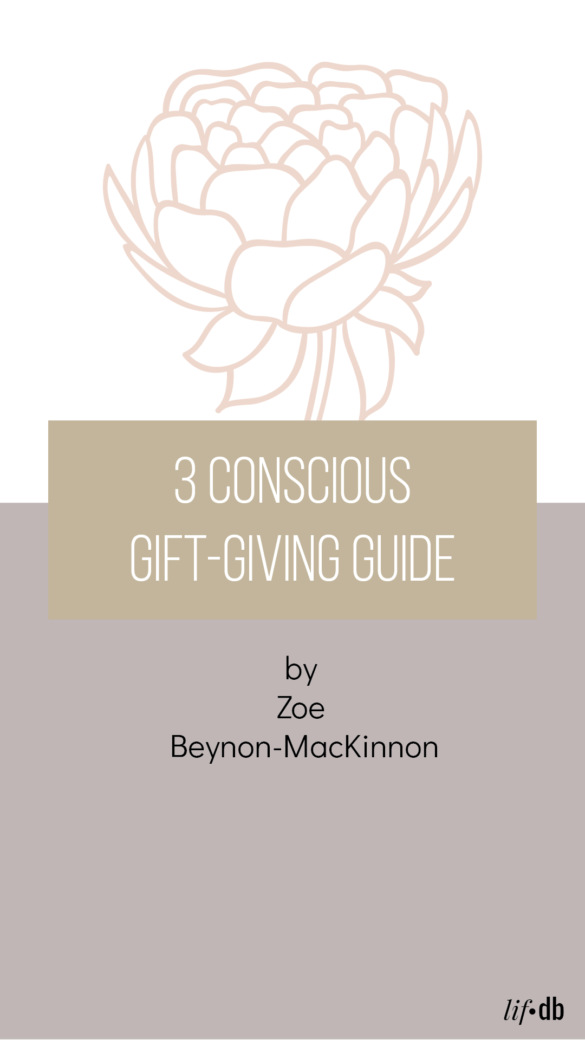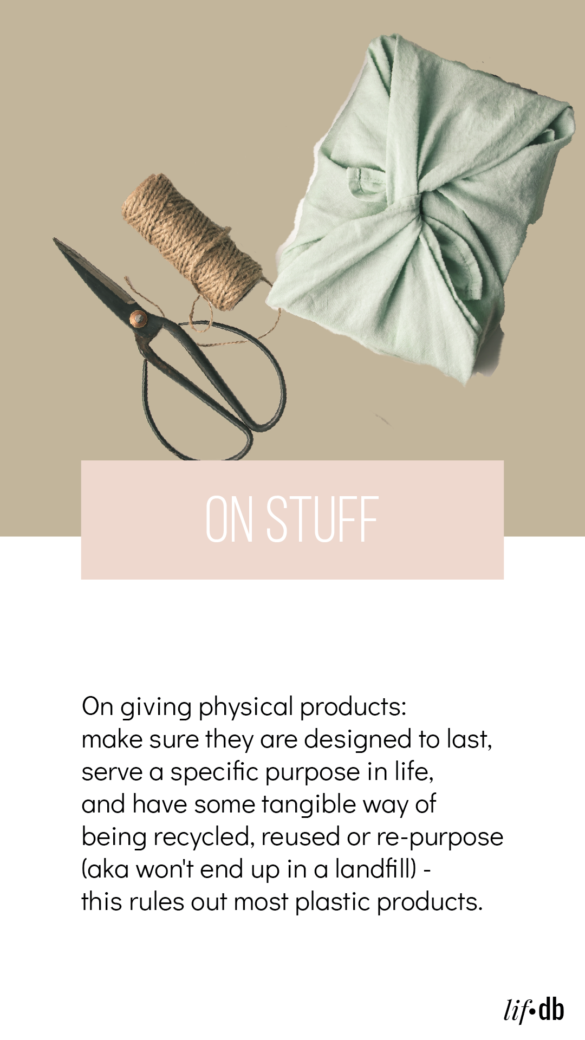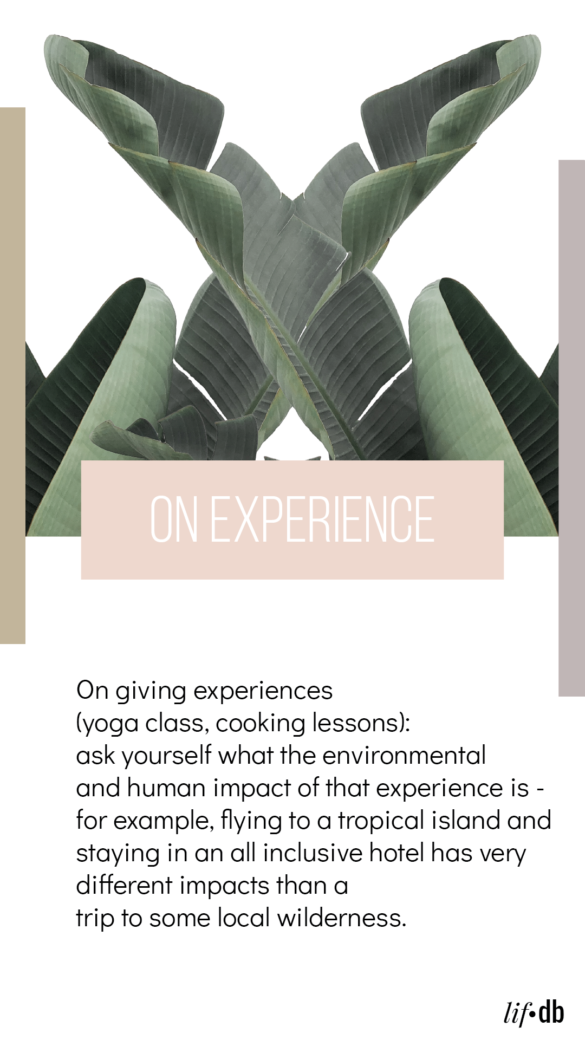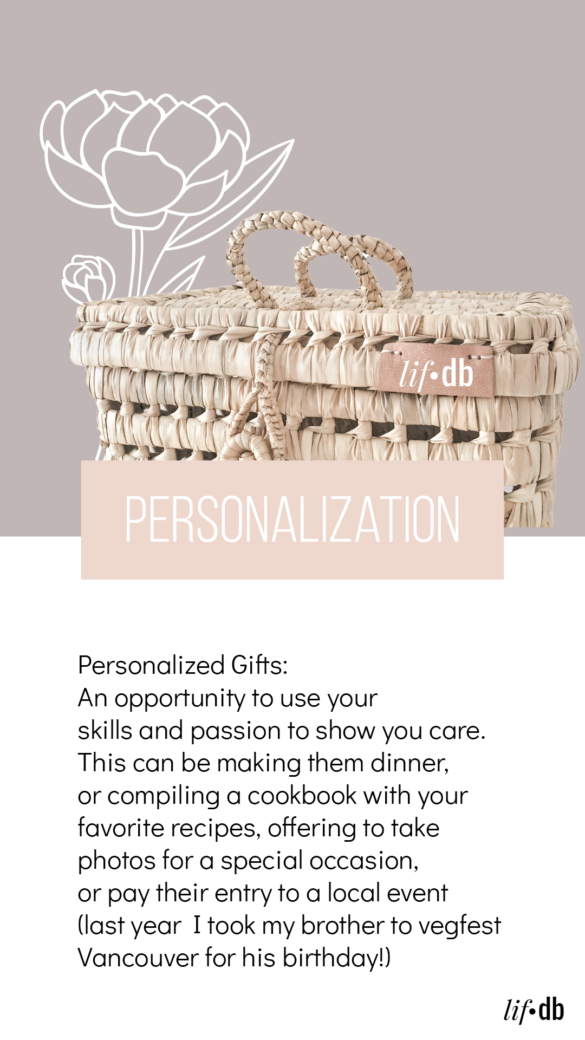In her interview with Ellen, environmental activist Greta Thunberg discussed #shopstop —it’s the practice of buying only what you need. But as the holidays roll around the corner, there are cultural pressures to buy gifts. This season, you might also notice that marketers will encourage us to gift ourselves (yes, self-gifting is now a “thing”) as a sign of self-love or practicing self-kindness. How do we deal with the constant need to consume?
The act of choosing to skip gifting over the holidays is often referred to as “grinching”, derived from the Grinch, a character who is mean-spirited. But there are real environmental concerns when it comes to holiday gift-giving traditions:
Between Thanksgiving and New Year’s Day, American household waste increases by more than 25 percent. Trash cans full of holiday food waste, shopping bags, bows and ribbons, packaging, and wrapping paper contribute an additional 1 million tons a week to our landfills.
EPA | United States Environmental Protection Agency
For those who want to reduce waste and consumption, the holidays can be tiring times: do you give in to the social pressure? Find ways to continue traditions without compromising environmental concerns, or shift traditions all together?
And it’s not just the gift-giving, food waste increases over the holidays from Thanksgiving to December.
It is estimated that about 204 million pounds of turkey meat will get thrown away over this Thanksgiving holiday in the U.S.
PR NewsWire
We asked Zoe Beynon-MacKinnon, Founder and Co-Director of Lettuce Harvest, how she deals with the pressures to buy more than you need this holiday.
Having grown up in a family of environmentalists, gift giving for Zoe and her family means an opportunity to get creative. Instead of buying wrappers, bags, and boxes, they turn the act of gift wrapping into a creative process that pays attention to reducing waste, using “cloth bags, reusable boxes, newspaper, or magazine collages”.
Keeping traditions while refusing to succumb to excessive consumption, Zoe and her family made it a rule to “eliminate any sense of obligation” when gift-giving. She adds that “everything you get should be something that you will use regularly and will last a long time.“
As an environmentalist, Zoe believes in “changing the discourse to talk about how your gift giving can align with your environmental values instead of contradict” it.
Aside from utility, Zoe believes in focusing on quality and personalization. Don’t buy something just because it’s cheap or on sale, without taking into account quality or environmental impact. Give gifts that share your own values, and for her, that can be preparing “delicious, zero waste vegan meals for friends and family”.
Understanding the social pressures to buy and gift stuff as a sign of “love”, Zoe places great importance in talking to friends about “conscious consumption”. Gifting to show you care is not necessarily a “bad thing” for Zoe, but starting a conversation about how we can align the tradition of giving while also giving back to mother earth, is the balance to strive for.
We live in a world that respects cultural traditions, but it doesn’t mean these traditions are stagnant. This holiday, make conscious gift-giving a part of your tradition. Mother earth will thank you.
Zoe Beynon-MacKinnon is an environmentalist and sustainable lifestyle advocate. She holds an MA from UBC in Political Science, where her research focused on the environmental and human health impacts of agriculture and nutrition policy. Zoe is also the founder of Lettuce Harvest, a non-profit working to increase access to healthy and environmentally mindful food.




